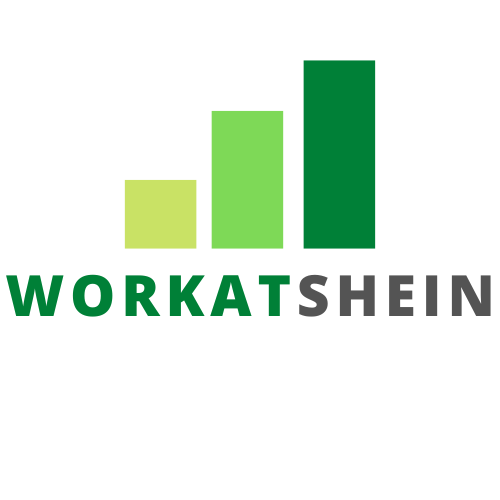Did you know that unplanned downtime costs U.S. manufacturers an estimated $50 billion annually? Or that companies with structured maintenance processes experience up to 25% less equipment failure? These statistics highlight a critical question for professionals: how can you contribute to operational efficiency in a way that is measurable and career-enhancing? Mastering maintenance management systems (CMMS) offers one compelling answer, equipping employees with the insight and tools needed to optimize workflows, reduce downtime, and advance professionally.
Understanding Operational Efficiency Awareness
Operational efficiency awareness refers to the ability to identify, evaluate, and improve processes within an organization. It’s about understanding how tasks interconnect, recognizing bottlenecks, and knowing where improvements can generate the greatest impact. Employees with this awareness can make data-driven decisions, anticipate issues before they escalate, and implement solutions that save time, resources, and costs.
CMMS tools are a gateway to developing this skill. They provide visibility into every aspect of maintenance operations, from scheduled tasks to equipment performance metrics. By interacting with such systems, professionals gain firsthand insight into how operations function, which processes are underperforming, and where interventions are most effective.
How CMMS Enhances Operational Awareness
A CMMS centralizes maintenance data, giving employees a clear picture of organizational workflows. Technicians can see which machines require preventive maintenance, track completed work orders, and monitor asset lifecycles. Managers can analyze trends in downtime, repair costs, and labor allocation. This transparency enables employees at all levels to spot inefficiencies that might otherwise go unnoticed. For teams seeking a streamlined solution, platforms like eWorkOrders can simplify these processes and improve operational visibility.
 The system’s reporting and analytics features are particularly valuable. By reviewing maintenance logs, cost reports, and equipment histories, employees learn to identify recurring issues and develop proactive solutions. Over time, this fosters a mindset focused on optimization rather than reaction—a crucial component of operational efficiency awareness.
The system’s reporting and analytics features are particularly valuable. By reviewing maintenance logs, cost reports, and equipment histories, employees learn to identify recurring issues and develop proactive solutions. Over time, this fosters a mindset focused on optimization rather than reaction—a crucial component of operational efficiency awareness.
The Career Advantages of Operational Efficiency Awareness
Employees who understand operational efficiency bring measurable value to their organizations, making them prime candidates for promotions and leadership roles. Here’s how developing this awareness through CMMS can impact career growth:
- Problem-Solving Skills
By monitoring workflows and interpreting CMMS data, employees learn to anticipate problems and propose solutions. This skill is highly sought after in roles such as maintenance supervisor, operations manager, or facilities coordinator. - Leadership Potential
Individuals who can optimize processes and guide teams toward efficiency demonstrate leadership qualities. Being the go-to person for improving maintenance operations can open doors to managerial positions. - Cross-Functional Knowledge
Operational efficiency awareness encourages employees to see the bigger picture, including how maintenance impacts production, budgeting, and safety. This holistic understanding prepares them for senior roles that require cross-departmental collaboration. - Strategic Thinking
CMMS data enables employees to recommend strategic improvements, such as preventive maintenance schedules, asset replacement plans, or resource reallocation. Contributing to organizational strategy positions them as indispensable members of the team.
Practical Steps to Build Operational Efficiency Awareness
For professionals looking to leverage maintenance management systems for career growth, certain practices can accelerate learning:
- Engage with the System Daily: Regular use ensures familiarity with workflows, reporting tools, and asset tracking.
- Analyze Reports: Take time to review maintenance reports and identify patterns or recurring issues.
- Collaborate with Teams: Discuss findings with colleagues to develop solutions and implement efficiency improvements.
- Track Outcomes: Measure the impact of your recommendations on downtime, costs, and resource use to quantify your contributions.
- Seek Training and Certification: Many CMMS platforms offer courses that enhance understanding of system capabilities, further strengthening your professional profile.
Conclusion
Operational efficiency awareness is more than a technical skill—it’s a career accelerator. By mastering maintenance management systems, professionals gain a deep understanding of how workflows function, identify opportunities for improvement, and implement strategies that deliver measurable results. These abilities not only enhance organizational performance but also position individuals for career growth, leadership roles, and long-term professional success. In a world where efficiency is a competitive advantage, developing operational efficiency awareness through maintenance management proficiency is a smart investment in both your current role and future career.




